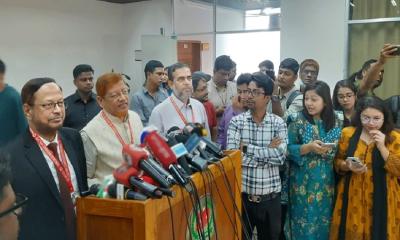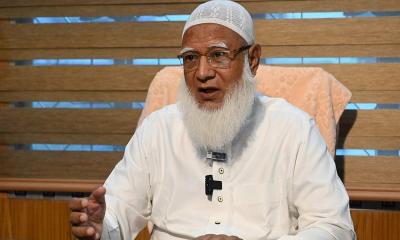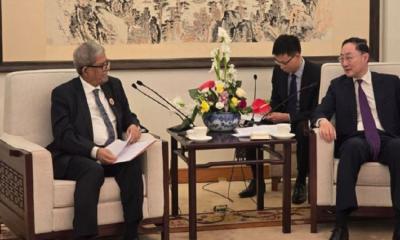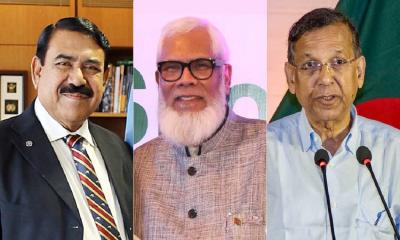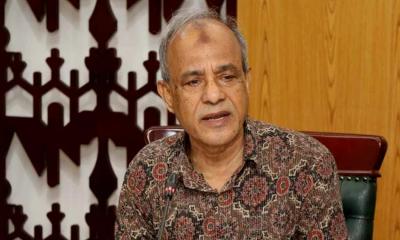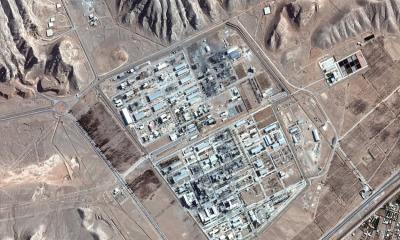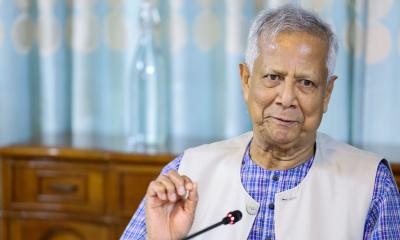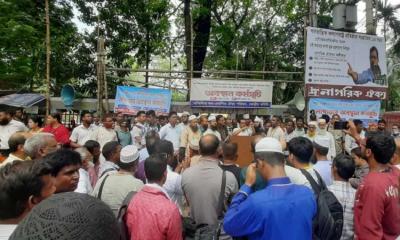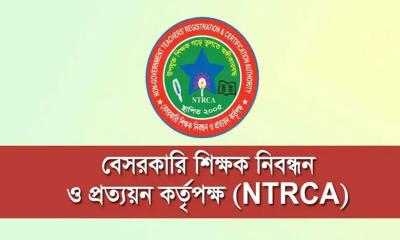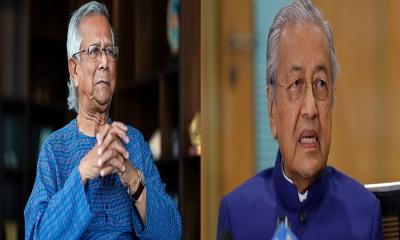Bangladesh Nationalist Party (BNP) has agreed to a constitutional amendment that would limit any individual from serving more than 10 years as Prime Minister.
However, the party has expressed strong opposition to the formation of a National Constitutional Council (NCC) for appointing key officials to constitutional institutions, calling the idea inconsistent with the Constitution.
The decision was taken during a BNP standing committee meeting held Tuesday night at the party chairperson’s office in Gulshan, with acting chairman Tarique Rahman presiding virtually from London.
According to meeting sources, Salahuddin Ahmed presented a report summarizing the BNP’s recent discussions with the National Consensus Commission on Reform.
One of the major topics in those talks was the term limits for the Prime Minister`s office. A key debate emerged over whether the limit should be defined in terms of two terms or a maximum number of years, regardless of term length.
During one of the recent multi-party meetings, Salahuddin reportedly suggested shifting the focus from “term count” to a clear maximum year limit, stating that reaching consensus on the issue might be easier that way.
Following internal discussions, the BNP finalized its stance: a maximum of 10 years in the Prime Minister`s office for any individual, equating to two full five-year terms.
In addition, BNP reaffirmed its support for several other proposed reforms, including reserving 100 parliamentary seats for women, establishing a 100-member Upper House (bicameral legislature), appointing the Chief Justice from among the two most senior judges in the Supreme Court.
However, the party firmly opposed the idea of creating a National Constitutional Council to oversee appointments to top state institutions. Senior BNP leaders argued that such a council could concentrate excessive power and undermine constitutional checks and balances.
The BNP`s official reform position is expected to be submitted formally to the National Consensus Commission in the coming weeks.





